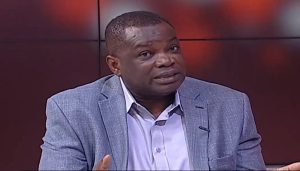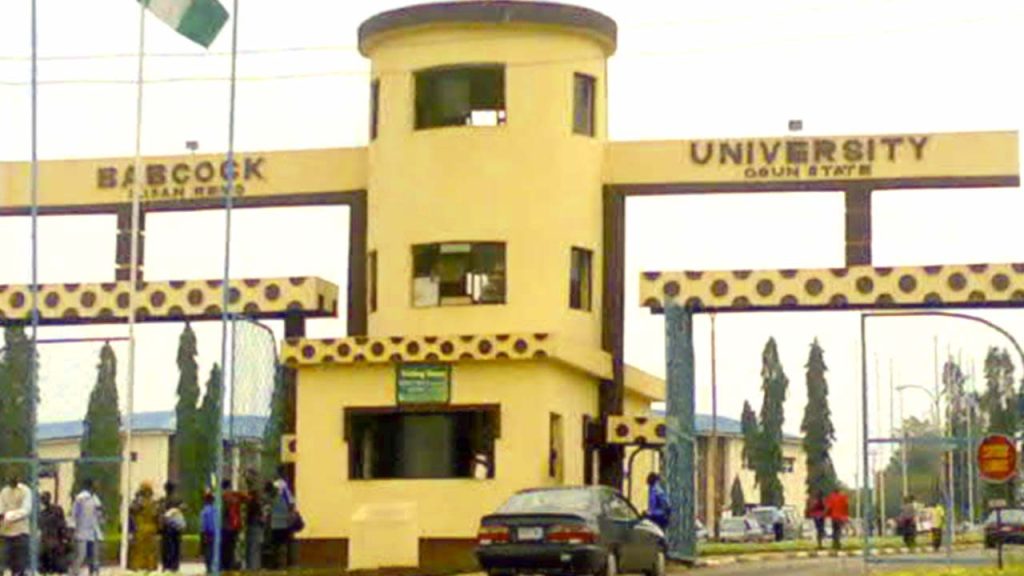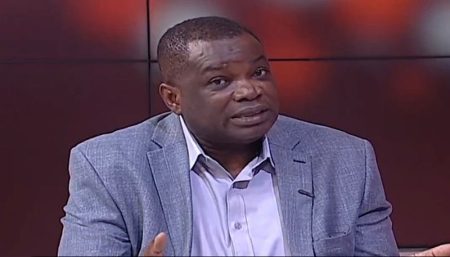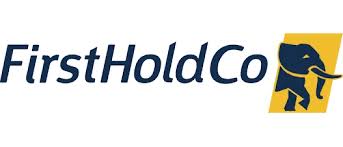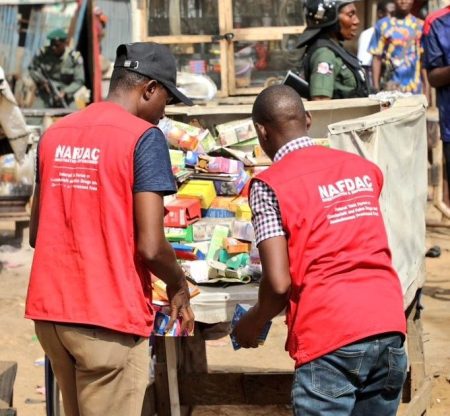Dr. Adetutu Habib, an Economics lecturer and researcher at Babcock University, has established the Palm Tutors Learning Hub in Awa-Ijebu, Ogun State, Nigeria. This initiative, borne from a deep-seated commitment to educational equity, aims to address the challenges faced by students struggling with mathematics and vocabulary development in underserved communities. The hub’s creation serves as a testament to Dr. Habib’s dedication to fostering a love of learning and empowering young minds. The project coincides with her recent doctoral graduation, symbolizing a commitment to extending the benefits of education beyond the university walls. This learning center represents a significant step towards creating opportunities for students who might otherwise lack access to essential academic support. It provides a safe and nurturing environment where students can learn at their own pace, build fundamental numeracy and literacy skills, and cultivate positive values.
The Palm Tutors Learning Hub’s development reflects a journey of thoughtful adaptation and a growing understanding of the community’s specific needs. Initially, Dr. Habib established the First-2-Nine Teenagers’ Club in 2021, aiming to promote academic excellence and personal growth. However, challenges arose with a book-lending program, highlighting issues of resource management and accessibility within the community. This led to the creation of Math R-aid, a program connecting students with volunteer tutors and providing internet data access, sponsored by Alfred Pop. Yet again, practical hurdles emerged, including unreliable internet and electricity – crucial components of the envisioned online learning model. These experiences underscored the necessity of a more fundamental and locally-adapted approach to educational intervention.
These early initiatives, though challenging, proved invaluable in shaping Dr. Habib’s understanding of the complex factors influencing student learning outcomes. Through math competitions, school visits, and mentoring sessions, she discovered a pervasive weakness in numeracy skills, often linked to poor vocabulary development. This realization highlighted the interconnectedness of different learning domains and the importance of a holistic approach to educational support. Simply providing access to resources, such as online video lessons, was insufficient without addressing the foundational challenges in literacy and fostering an intrinsic motivation to learn. This shift in perspective paved the way for a more targeted and impactful intervention.
Dr. Habib’s observations extended beyond the primary and secondary school levels. While teaching Economics 101 at Babcock University, she noticed that a significant percentage of undergraduate students also struggled with basic mathematical concepts. This further solidified her conviction that strengthening fundamental math skills was crucial for academic success across educational levels. She began creating short math video lessons to assist her university students, a practice that eventually evolved into a more comprehensive resource for younger learners. Notably, she identified a gap in accessible and relatable learning materials for Nigerian children. Existing resources often lacked a local context, prompting her to develop content that resonated with the experiences and language of Nigerian students.
The desire for relevant learning resources for her own daughter further fueled Dr. Habib’s ambition. She sought to create math videos that incorporated familiar accents and examples, making abstract concepts more concrete and understandable for the average Nigerian child. This personal endeavor blossomed during the COVID-19 pandemic, when the need for accessible online learning resources became particularly acute. During this time, she launched the Times Table Mastery Course, a program that has since benefited over 2,000 learners, empowering them to confidently grasp multiplication tables. This marked a turning point in her efforts, demonstrating the wider applicability and potential impact of her locally-focused learning materials.
The culmination of Dr. Habib’s experiences and insights led to the creation of the Palm Tutors Learning Hub. This center represents a comprehensive approach to addressing the educational needs of the Awa-Ijebu community, providing a dedicated space where students can access targeted support in mathematics and literacy. Dr. Habib’s dedication to her students, both at the university level and within the community, has transformed a personal passion into a tangible resource with the potential to significantly impact the lives of young learners. She has issued a call to action for support from individuals and corporate entities, urging them to contribute resources such as math learning kits, computers, learning gadgets, books, and sustainable energy solutions like solar power. These donations will be instrumental in ensuring the long-term viability of the learning hub and expanding its reach to more students in need. The Palm Tutors Learning Hub stands as a testament to the power of individual initiative and the transformative potential of education when tailored to the specific needs of a community.



